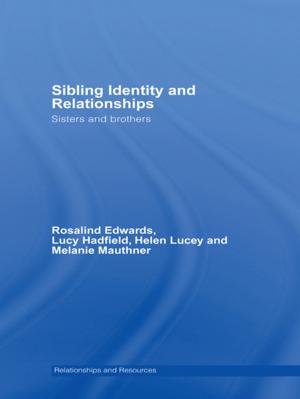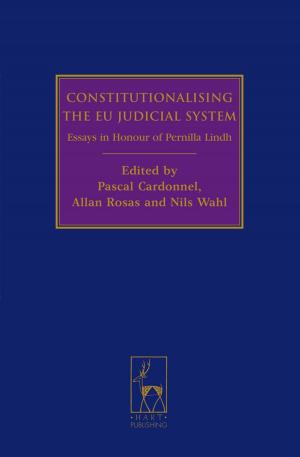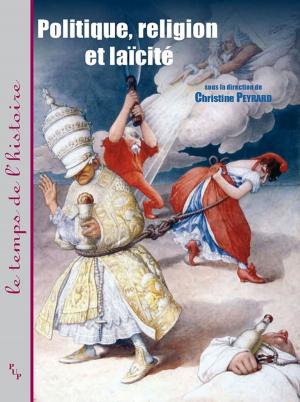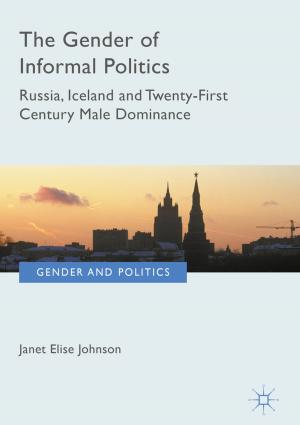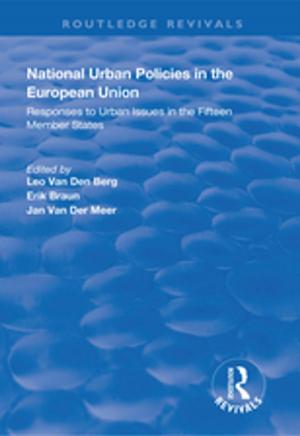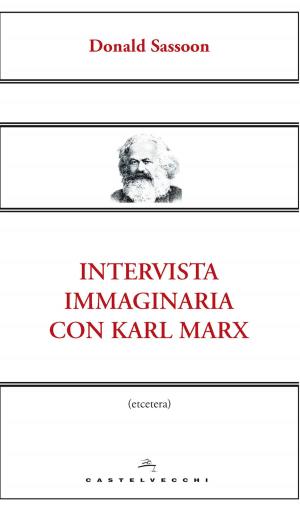| Author: | Prodosh Aich | ISBN: | 9783737501651 |
| Publisher: | Prodosh Aich | Publication: | August 24, 2014 |
| Imprint: | Smashwords Edition | Language: | English |
| Author: | Prodosh Aich |
| ISBN: | 9783737501651 |
| Publisher: | Prodosh Aich |
| Publication: | August 24, 2014 |
| Imprint: | Smashwords Edition |
| Language: | English |
In his painstakingly long academic journey through mountains of source material available in Europe, Prof Prodosh Aich establishes that the entire understanding of India developed by self-claimed scholars from West is erroneous, since the initial attempt to comprehend ancient India through the Vedas was itself faulty.
He questions the validity of the works of the famous western scholars who translated the Vedic literature into English, German and Italian. A vast majority of them did not even set foot on the Indian soil and those who came here did not learn the ancient languages in an organised manner, even though translation needs an equal command of both languages. Since neither the Vedic language nor the Sanskrit were spoken languages since ages, it was all the more difficult for them to develop language skills required for translation.
Colonialist Imperial England had prepared a concerted design to establish the superiority of blond-blue eyed-white-Christian culture over other cultures that they opted to define as "primitive", particularly in case of India.
Prof Aich uses juxtaposition to drive home a point and leaves judgement to readers. He frames a question and then answers it by using the primary source material. The book is bound to trigger an academic debate in the West also and would go a long way to establish once for all that the much-trumpeted and self-championed discipline of Indology in the West has in fact been based on falsehood.
It must have been a design that none of the scholars so far bothered to use the existing material, so abundantly available, which could have helped to unravel the truth about the colonial powers and imperial administration and bureaucracy. Scholars after scholars, even after the end of colonial empire, have continued to overlook the material that would have removed the well-laid myths about Indian society, polity and culture.
It would raise questions on popularly accepted theories on India, such as did the Aryans come to this part of the world from the north or they emigrated and then pushed back the original inhabitants to south. The book also puts a serious question mark on the anthropological understanding of the ancient Indian society as sought to be explained on the basis of the colour of the skin.
In his painstakingly long academic journey through mountains of source material available in Europe, Prof Prodosh Aich establishes that the entire understanding of India developed by self-claimed scholars from West is erroneous, since the initial attempt to comprehend ancient India through the Vedas was itself faulty.
He questions the validity of the works of the famous western scholars who translated the Vedic literature into English, German and Italian. A vast majority of them did not even set foot on the Indian soil and those who came here did not learn the ancient languages in an organised manner, even though translation needs an equal command of both languages. Since neither the Vedic language nor the Sanskrit were spoken languages since ages, it was all the more difficult for them to develop language skills required for translation.
Colonialist Imperial England had prepared a concerted design to establish the superiority of blond-blue eyed-white-Christian culture over other cultures that they opted to define as "primitive", particularly in case of India.
Prof Aich uses juxtaposition to drive home a point and leaves judgement to readers. He frames a question and then answers it by using the primary source material. The book is bound to trigger an academic debate in the West also and would go a long way to establish once for all that the much-trumpeted and self-championed discipline of Indology in the West has in fact been based on falsehood.
It must have been a design that none of the scholars so far bothered to use the existing material, so abundantly available, which could have helped to unravel the truth about the colonial powers and imperial administration and bureaucracy. Scholars after scholars, even after the end of colonial empire, have continued to overlook the material that would have removed the well-laid myths about Indian society, polity and culture.
It would raise questions on popularly accepted theories on India, such as did the Aryans come to this part of the world from the north or they emigrated and then pushed back the original inhabitants to south. The book also puts a serious question mark on the anthropological understanding of the ancient Indian society as sought to be explained on the basis of the colour of the skin.

